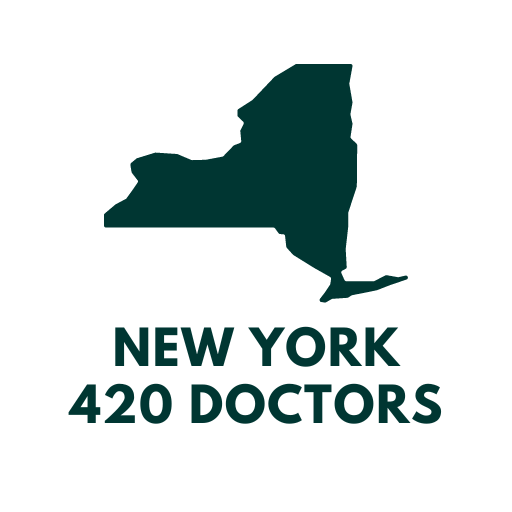The growing interest in CBD (cannabidiol) has led to questions about its legality, particularly in states like New York. The legal landscape for CBD can be somewhat confusing, as it differs depending on the source of the CBD—whether it’s derived from hemp or marijuana. In New York, both types of CBD are legal under specific conditions, but they are regulated differently.
CBD is a compound found in cannabis plants, and unlike THC (tetrahydrocannabinol), it doesn’t produce the psychoactive effects typically associated with marijuana. This has made it an appealing option for people seeking the therapeutic benefits of cannabis without the “high.” However, the legality of CBD hinges largely on its THC content and how it’s derived.
The Difference Between Hemp-Derived and Marijuana-Derived CBD
To fully understand the legality of CBD in New York, it’s essential to differentiate between hemp-derived CBD and marijuana-derived CBD. Both come from the cannabis plant, but they are regulated differently.
1. Hemp-Derived CBD: Under the 2018 Farm Bill, CBD derived from hemp is federally legal as long as it contains less than 0.3% THC. Hemp-derived CBD products are widely available in New York and can be purchased without a medical marijuana card. These products are sold in retail locations such as wellness stores, pharmacies, and even gas stations. Hemp-derived CBD can be found in various forms, including oils, tinctures, edibles, and topicals.
2. Marijuana-Derived CBD: CBD derived from marijuana contains more than 0.3% THC and is only legal for medical marijuana patients in New York. This type of CBD is part of the state’s Medical Marijuana Program and is available only through licensed medical dispensaries. To access marijuana-derived CBD products, you must have a Medical Marijuana Card New York (MMJ Card NY), which can only be obtained if you have a qualifying medical condition certified by a licensed healthcare provider.
Hemp-Derived CBD: Legal Status in New York
Hemp-derived CBD is legal in New York for all adults over the age of 21. This legality stems from the 2018 Farm Bill, which legalized hemp and hemp-derived products at the federal level. As long as the CBD contains less than 0.3% THC, it is not considered a controlled substance. Hemp-derived CBD products are regulated by the New York State Department of Agriculture and Markets, ensuring that they meet quality standards and contain safe levels of THC.
In New York, you can find hemp-derived CBD products at a variety of retail locations, including health food stores, pharmacies, and dedicated CBD shops. Additionally, many wellness shops and online retailers also offer a wide range of CBD products, such as oils, gummies, creams, and more.
However, not all CBD products are created equal, and it’s crucial for consumers to buy from reputable sources. The state recommends purchasing from vendors that provide third-party lab testing to verify the purity and potency of their products . This ensures that the CBD product you are purchasing complies with New York’s legal limits and is free from contaminants like pesticides, heavy metals, or mold.
Marijuana-Derived CBD: Legal for Medical Use
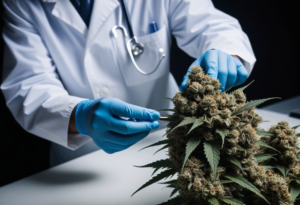
Unlike hemp-derived CBD, marijuana-derived CBD is only legal for patients registered under New York’s medical marijuana program. Marijuana-derived CBD products contain higher concentrations of THC and are available only through licensed dispensaries. If you have a qualifying medical condition, you can consult a New York Medical Marijuana Doctor, who will assess whether you are eligible for medical marijuana treatment.
Conditions that qualify for medical marijuana in New York include:
•Chronic pain
•Cancer
•Epilepsy
•PTSD
•Multiple sclerosis
•HIV/AIDS
Once approved, patients receive a NY Medical Marijuana Card, which allows them to purchase CBD and other cannabis products from medical dispensaries. These dispensaries are licensed by the state and offer a range of cannabis-based products, including oils, tinctures, capsules, and marijuana flower.
It’s important to note that medical marijuana patients have access to more potent products compared to those available in the recreational market. This is particularly beneficial for patients managing severe medical conditions who require higher doses of THC and CBD.
Accessing CBD in New York: Where to Buy
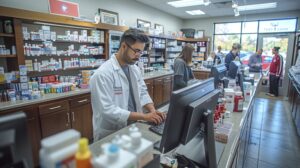
There are multiple ways to legally purchase CBD in New York, depending on whether it is hemp-derived or marijuana-derived.
1. Retail Stores: Hemp-derived CBD products are available in various retail outlets, including health food stores, wellness shops, and dedicated CBD stores. Pharmacies also stock CBD products, and consumers can purchase them without a prescription or medical marijuana card.
2. Online Retailers: Many people prefer the convenience of purchasing CBD online. Several reputable companies that specialize in hemp-derived CBD products ship directly to New York. However, consumers should ensure that the products are compliant with state regulations and come with third-party lab reports that confirm their THC content and purity.
3. Licensed Dispensaries: Medical marijuana patients with a New York Medical Marijuana Card can buy marijuana-derived CBD from licensed dispensaries. These dispensaries offer higher-quality, more potent products designed to meet the therapeutic needs of patients dealing with qualifying medical conditions.
The Future of CBD in New York
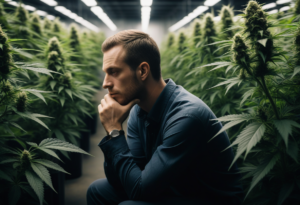
As the cannabis industry continues to evolve, the regulatory landscape for CBD products in New York is likely to change. With the legalization of recreational marijuana under the Marijuana Regulation and Taxation Act (MRTA) in 2021, more residents will gain access to cannabis products, including both CBD and THC. Recreational cannabis sales began in 2022, and this has opened up new opportunities for the state’s cannabis industry.
As the market expands, it is anticipated that more businesses will offer a broader range of CBD products, both for medical and recreational use. The Office of Cannabis Management (OCM) will continue to oversee the licensing, regulation, and quality control of cannabis products, ensuring that consumers have access to safe and compliant products.
Safety and Quality Considerations
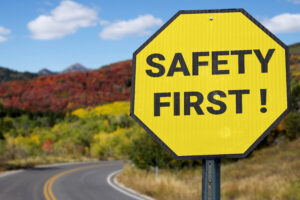
When purchasing CBD products in New York, safety should always be a priority. Whether you’re buying from a wellness shop, online, or a licensed dispensary, it’s important to ensure the product has been third-party lab tested. This ensures that the product is free from contaminants and contains the correct amount of CBD and THC.
The New York State Department of Health and the Office of Cannabis Management set high standards for cannabis products sold within the state, particularly for medical marijuana patients. These regulations are designed to protect consumers by ensuring that all CBD products meet stringent safety and quality guidelines.
Tips for Safe CBD Consumption

To ensure a positive CBD experience, it’s crucial to follow a few guidelines:
1. Purchase from Reputable Sources: Always buy CBD from licensed dispensaries, well-known retail stores, or trusted online retailers that comply with state and federal regulations.
2. Check THC Levels: Hemp-derived CBD should contain less than 0.3% THC. If you’re purchasing marijuana-derived CBD, be aware of the THC content and choose products that align with your needs.
3. Consult with a Healthcare Professional: If you are considering CBD for medical reasons, it’s essential to speak with a New York Medical Marijuana Doctor to ensure that CBD is appropriate for your condition and won’t interfere with any other medications you’re taking.
4. Stay Informed: Keep an eye on any updates or changes in New York’s CBD laws, especially as the state continues to expand its cannabis market.
Conclusion
In New York, CBD derived from hemp is legal for all adults over 21, while marijuana-derived CBD is available only for medical marijuana patients with a valid Medical Marijuana Card NY. As CBD continues to grow in popularity, consumers in New York have more options than ever before to purchase high-quality, lab-tested CBD products. Whether you’re using CBD for wellness purposes or as part of a medical treatment plan, it’s essential to follow state regulations and prioritize safety by purchasing from trusted, reputable sources.

